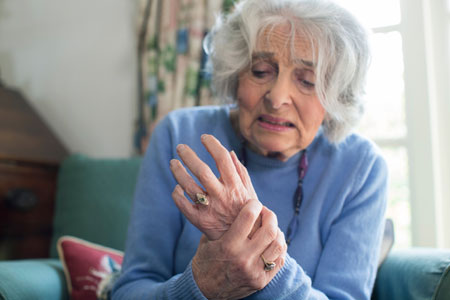 The Notary Hotline receives hundreds of calls daily from Notaries nationwide who find themselves in challenging situations. To boost your knowledge of Notary standards of practice, we’ve created a series of scenarios based on actual situations and ask a simple question: What would you do?
The Notary Hotline receives hundreds of calls daily from Notaries nationwide who find themselves in challenging situations. To boost your knowledge of Notary standards of practice, we’ve created a series of scenarios based on actual situations and ask a simple question: What would you do?
In this real-life situation, imagine being called to the home of a retired couple. They are refinancing their mortgage and you are there to handle the signing. The husband is alert and energetic, and he’s fully engaged in the details of the transaction.
His wife, however, is brought to the table in a wheelchair by a caregiver. She is alert and able to interact with you on a basic level about the signing. But she has muscle control issues, and as she starts to sign the documents, her hand is so shaky the caregiver must hold her hand steady.
What would you do?
This case presents an interesting challenge. Is it permissible for a person to have help signing a document? Is it permissible for you to notarize such a signature? Are there alternatives?
To participate in this week’s “What Would You Do?” scenario, share your answers in the comments section below. We may mention your response in next week’s Bulletin, when we offer the best possible answer(s) to this notarial challenge.
Related Articles:
What Would You Do Answer: A signer with no hands
What Would You Do Answer: The case of the childlike signer